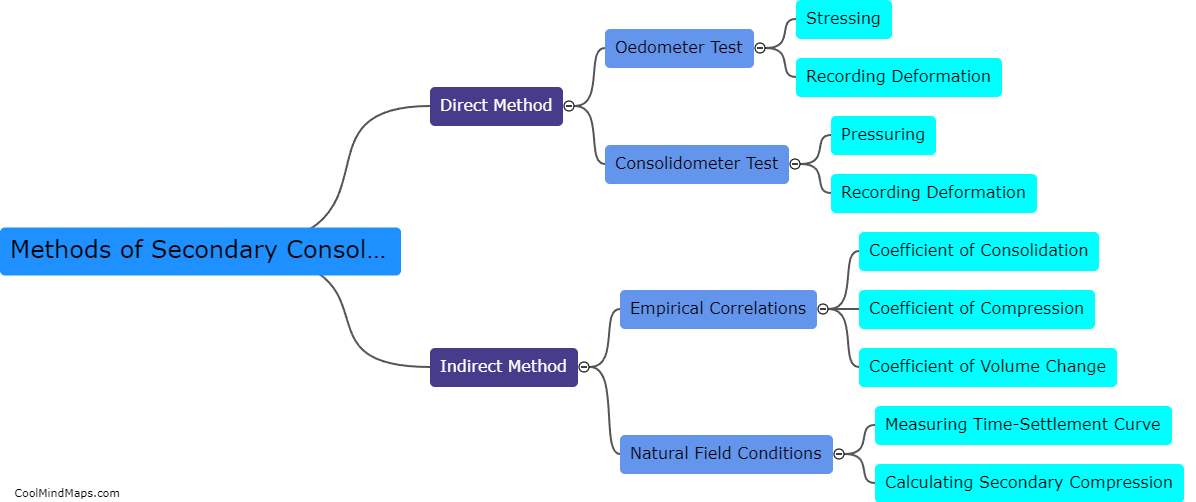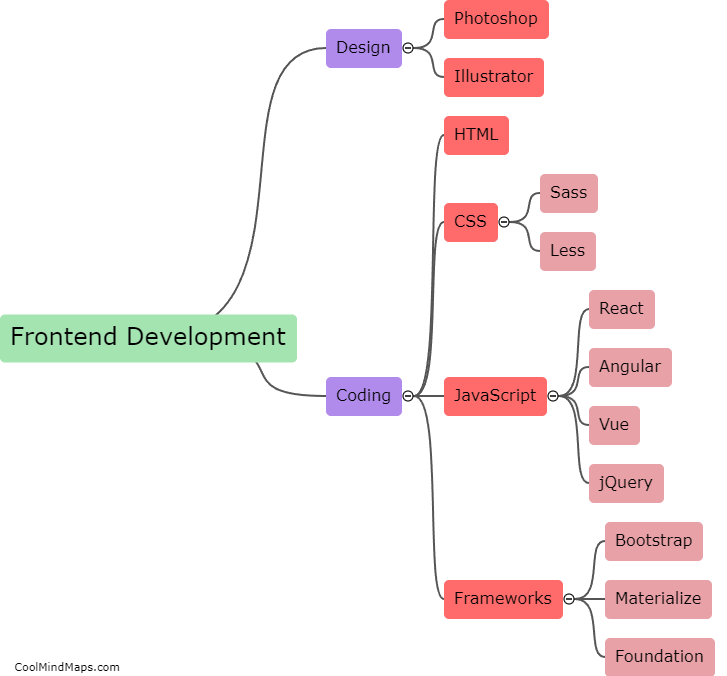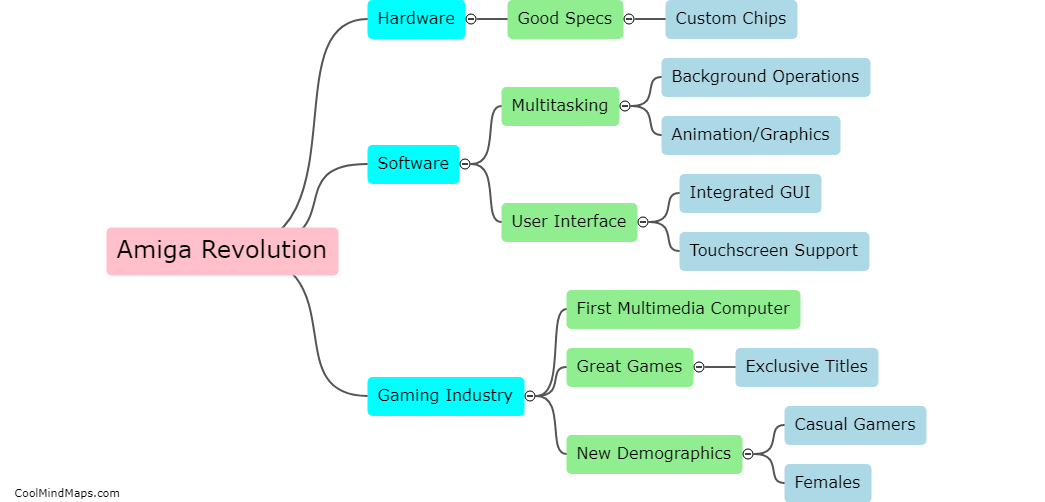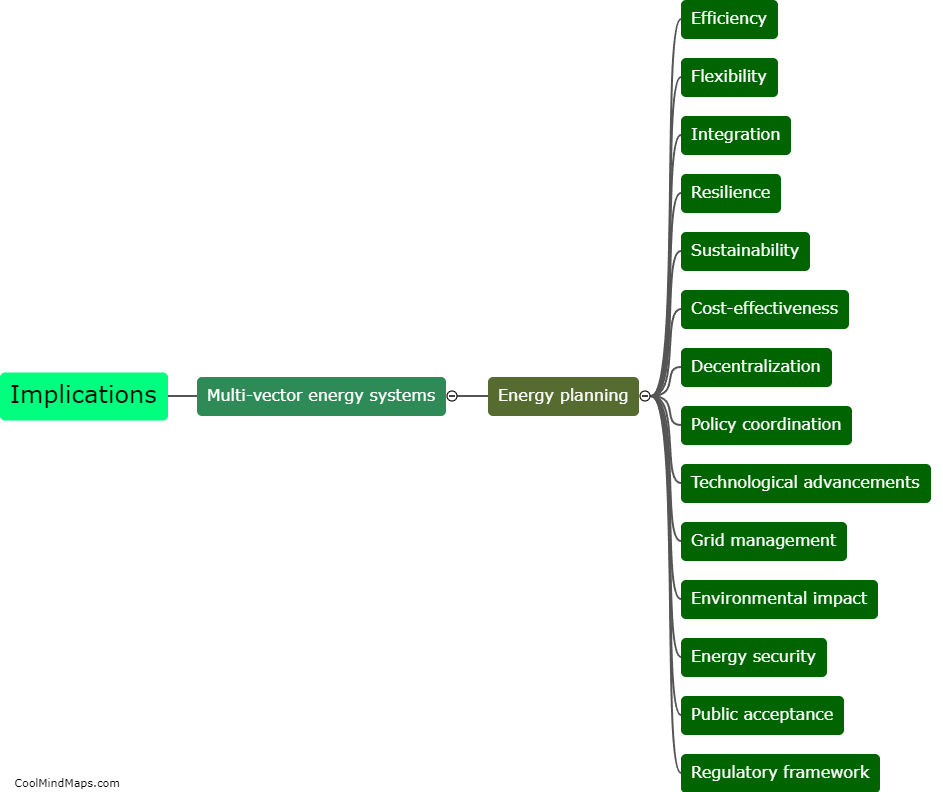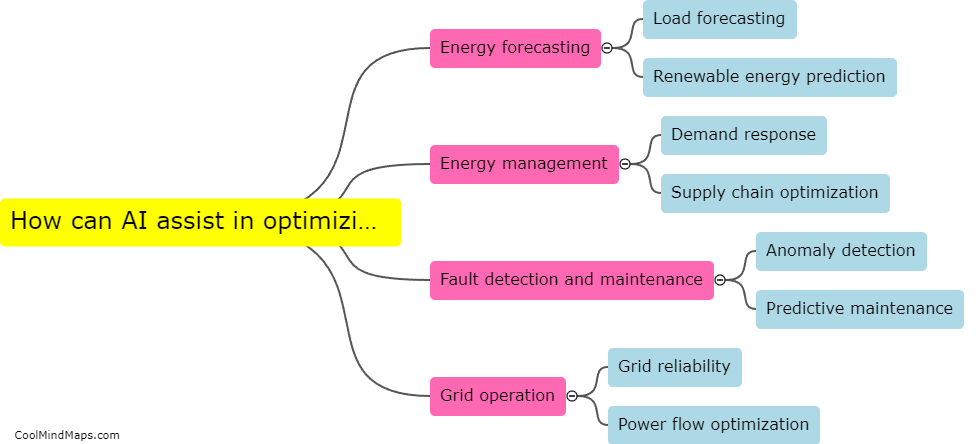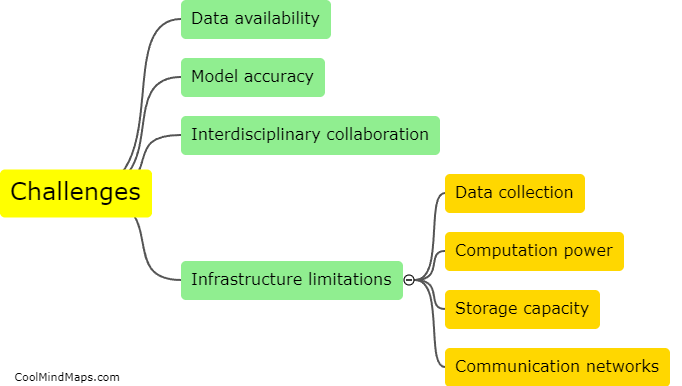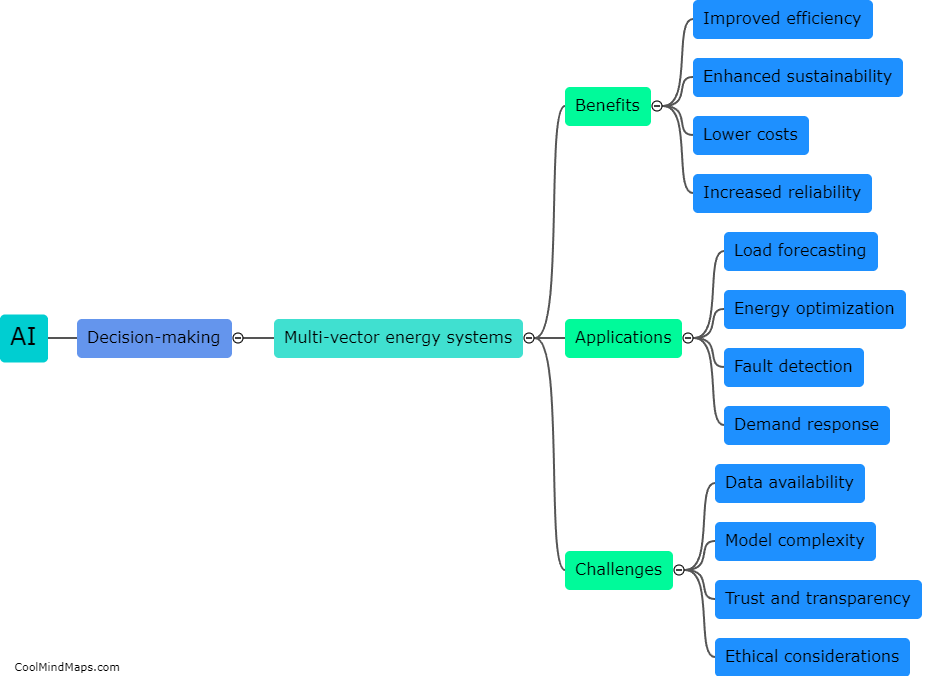How can AI improve the accuracy of multi-vector energy system models?
AI can significantly enhance the accuracy of multi-vector energy system models by leveraging its capabilities in data analysis, pattern recognition, and decision-making. With the vast amount of data available from various energy sources and systems, AI can analyze this data to identify complex patterns and relationships that may not be apparent to human analysts. By identifying these patterns, AI can create more accurate models that capture the dynamics and interdependencies of different energy vectors, such as electricity, heat, and transportation. Moreover, AI can continuously learn and adapt from new data, enabling these models to be updated in real-time. By incorporating AI into multi-vector energy system models, we can achieve a deeper understanding of energy systems and make more informed decisions, ultimately leading to more efficient and sustainable energy systems.

This mind map was published on 17 October 2023 and has been viewed 98 times.
